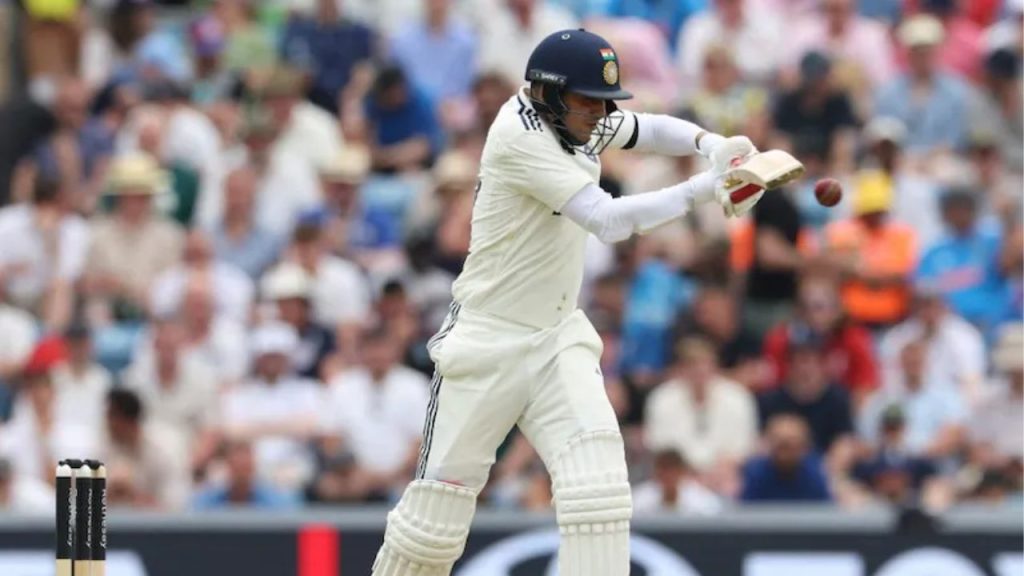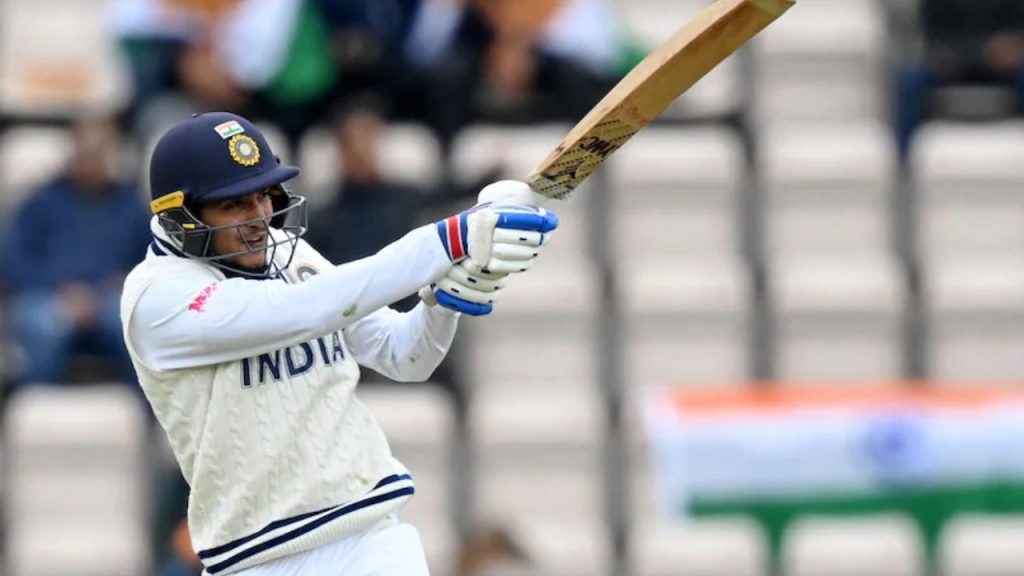Indian batting coach Sitanshu Kotak lauded India’s Test captain Shubman Gill for his magnificent century on his captaincy debut against England on Saturday. The match was the first in the five-Test series held at Headingley, Leeds. Kotak highlighted that Gill had made deliberate adjustments to his batting technique, praising him for carefully analyzing and understanding what was required to succeed.
Speaking at the post-match press conference, Sitanshu Kotak said, “After the Australia series, Shubman Gill thought about certain aspects of his game and worked on them. Following Australia, the Champions Trophy, and then the IPL, he implemented these changes. When I saw him in the nets, I asked about the modifications he made, and he confirmed them. A lot of credit goes to him for this thoughtful analysis, and I believe he performed exceptionally well.”
Shubman Gill: Stellar Centuries Highlight India’s First Innings Before England’s Resilient Response

India were bowled out for 471 runs in 113 overs during their first innings, led by impressive centuries from captain Shubman Gill, vice-captain Rishabh Pant, and Yashasvi Jaiswal. Shubman Gill reached his hundred off 140 balls, becoming the fifth Indian to score a century on Test captaincy debut. He was eventually dismissed for 147 while attempting a six to reach 150, caught at square leg off Shoaib Bashir.
Rishabh Pant’s innings was praised for its calculated aggression. Despite his usual attacking style, Pant demonstrated a more balanced approach, mixing defense with aggression according to his own plan. He was dismissed for 134 by Josh Tongue on the second ball of the 108th over.
Shubman Gill, However, India lost momentum in the last half-hour of Day 2’s first session, losing four wickets, including key players Gill, Karun Nair, Pant, and Shardul Thakur.
Shubman Gill: England fought back strongly in their reply, anchored by Ollie Pope’s unbeaten century and a valuable partnership with Ben Duckett. By the close of play on Day 2, England stood at 209 for 3, trailing India by 262 runs, setting the stage for a competitive contest.

